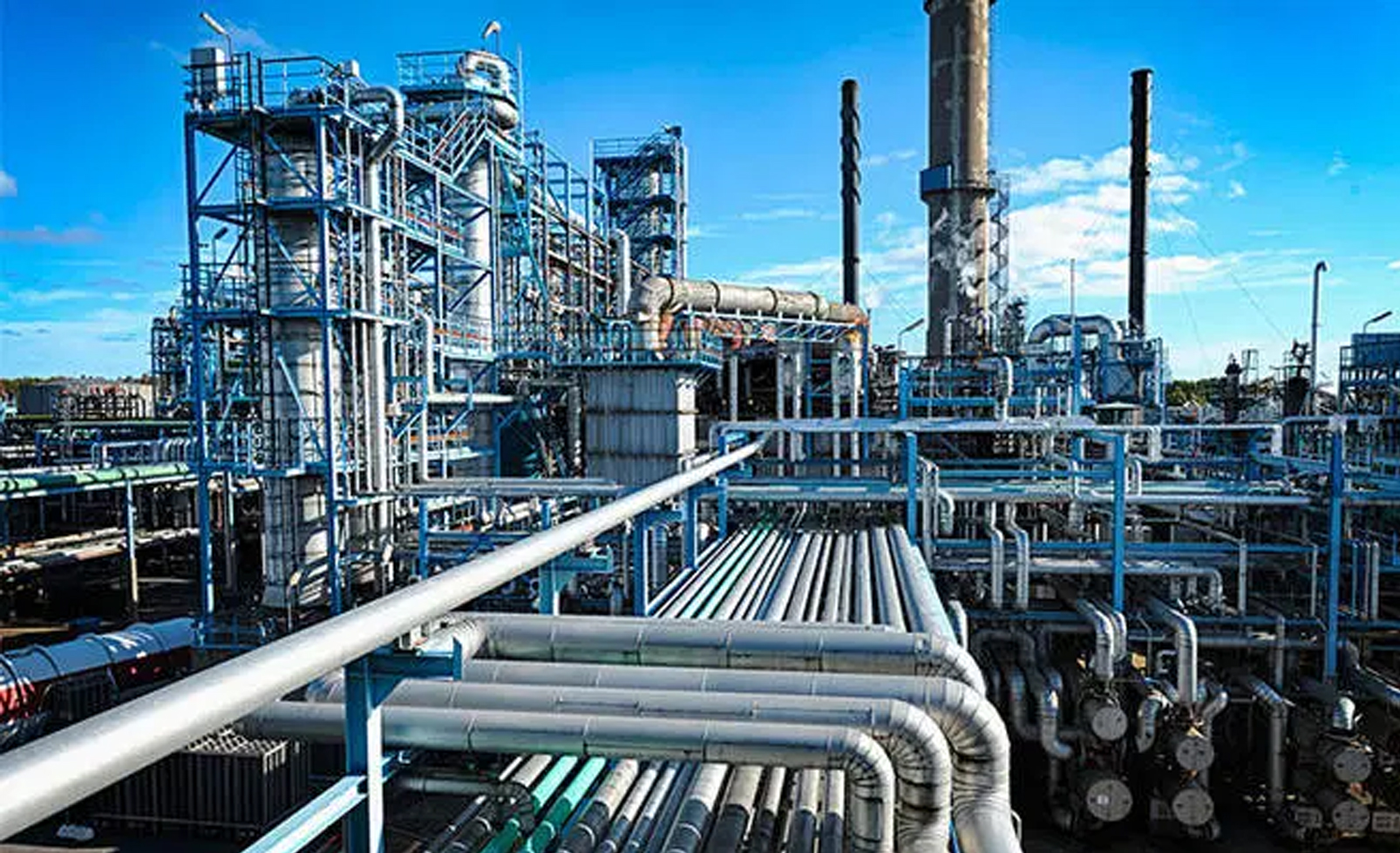NASS PASSED THE PETROLEUM INDUSTRY BILL AFTER THIRTEEN YEARS OF WAITING
July 9, 2021

Introduction
In the wake of several failed attempts, the Nigerian Legislature (both Senate and House of Representatives) on Thursday 1st July 2021, passed the Petroleum Industry Bill (PIB). It would be recalled that the PIB was first submitted to the National Assembly in 2008, but has failed to scale through legislative approval due to various divergent interests and complexities. The Bill if enacted seeks to address the issues of transparency and poor governance in the Petroleum Industry, and in turn, foster a healthier environment for investors (local and foreign) in the sector. The PIB will repeal all existing petroleum industry laws and is expected to provide a regulatory framework that will boost the attractiveness and market competitiveness for the industry. The Bill contains regulatory frameworks on governance, operations, and fiscal matters as they affect the industry in general. The importance of the Bill cannot be over-emphasised considering that most of the existing legislations are no more in tandem with the current realities of the business environment.
Highlights of the Bill
- Administration: The Bill has established various bodies saddled with the administration of the industry. The new bodies are to take over the functions of the existing regulatory bodies such as Department of Petroleum Resources (DPR) and Petroleum Products Pricing Regulatory Agency (PPPRA). The new agencies include Nigerian Upstream Regulatory Commission (“The Commission”), which will be charged with the responsibility of regulating the upstream petroleum operations. The Commission will ensure compliance with applicable laws and manage petroleum reserves, exploration, development, and production activities. The Commission will also renew, revoke, and suspend licenses and permits. On the other hand, the Downstream Petroleum Regulatory Authority (“The Authority”) will be charged with the regulation and compliance of the midstream and downstream petroleum operations. Also, the Minister of Petroleum shall within six months of the commencement of the Act, incorporate NNPC Limited with the shares of the Company vested in the Federal Government. The assets and liabilities as well as the employees of the present-day NNPC shall within 18 months after the commencement of the Act be transferred to this Company (NNPC Limited). This Company will conduct its affairs on a commercial basis and will pay all levies and taxes due from its business to government just like any other company.
- Introduction of New Licenses and Leases: The Bill proposes new licenses and leases to replace the existing ones. The new licenses include: Petroleum Exploration License (PEL), Petroleum Prospecting License (PPL) and the Petroleum Mining Lease (PML). The new licenses will replace the current OEL, OPL and OML respectively. However, holders of the previous licenses and leases are expected to convert to the new ones for the provisions of this Act to be applicable on their operations. The provisions of the existing legislations shall continue to apply on existing licenses until conversion to the new regime.
- Establishment of Host Community Trust Fund: The introduction of the host community trust fund is a fundamental aspect of the Bill as it seeks to quell all the agitations from host communities where petroleum operations are being carried out and ensure adequate compensation for damages. The Fund is also expected to foster development in the host communities. There shall be an annual contribution to the Fund by Companies or operators of Joint Operating Agreements (JOA) of 5% and 2% of the actual annual operating expenses of the preceding year for Upstream and Midstream/downstream companies, respectively. Holders of licenses or leases are expected to incorporate a host community’s development trust within 12 months, failure to incorporate the trust may lead to revocation of the license. This Fund is in addition to the 13% derivation revenue to the oil producing states.
- Fiscal Framework: The Bill has introduced some major changes in the fiscal framework which are aimed at removing ambiguity in the existing laws and fostering increased participation in the Petroleum Industry. Some of the changes include:
i. The replacement of Petroleum Profit tax with Hydrocarbon Tax.
ii. The introduction of Production Allowance as a relief for companies depending on their production capacity and the fiscal price of crude. This allowance can be termed a replacement for the current petroleum investment allowance which is based on the field of production.
iii. Introduction of cost price ratio which restricts cost and capital allowance claimable by upstream companies in an accounting year to 65% of their gross revenues. This restriction is not applicable to rent incurred in respect of PPL or PML, royalties and levies paid to Federal, States or Local Governments in Nigeria.
iv. A reduced tax rate of 15% and 30% for PPLs and PMLs, respectively for onshore and shallow waters.
v. A clear provision on the treatment of pre-production cost.
vi. Interest expense and education tax are now non-tax-deductible expenses for the purpose of hydrocarbon tax.
vii. Stiffer penalty regime for contravening the fiscal framework. The Bill introduced a penalty of between N10million and N20million in the first instance and additional N2million for each subsequent day that failure continues, depending on the nature of the offence. Also, late payment of hydrocarbon tax to attract penalty of 10% and interest of LIBOR plus 10%.
viii. The introduction of a special provision called Integrated Strategic Project for companies with a mix of upstream and midstream activities, and who may opt for the consolidation capital investment in the midstream activities with the upstream.
Our Comments
Overall, the passing of the Bill is certainly a laudable achievement by the National Assembly, an achievement that has eluded the nation for the better part of two decades. It will hopefully bring about the much-anticipated change in the Petroleum Industry, given that Nigeria’s economy is still heavily dependent on revenue from Oil & Gas. The Act when eventually enacted will constitute a huge reform in this Sector, and this will in turn hopefully enhance Foreign Direct Investment (FDI) and improve the economy.